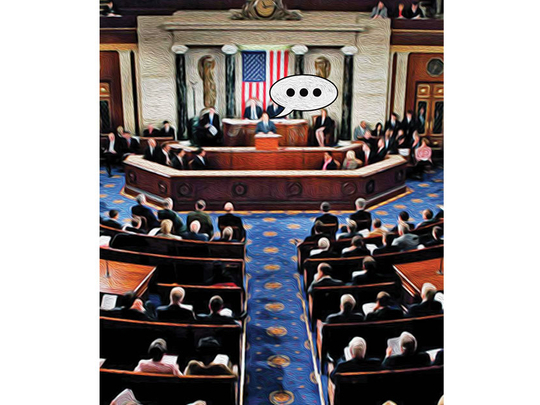
Do Republicans have another plan for Iran?
For the 47 US senators to write an open letter, which amounts to a public effort to torpedo the potential deal with Tehran, was not too clever

For the 47 US senators to write an open letter, which amounts to a public effort to torpedo the potential deal with Tehran, was not too clever
